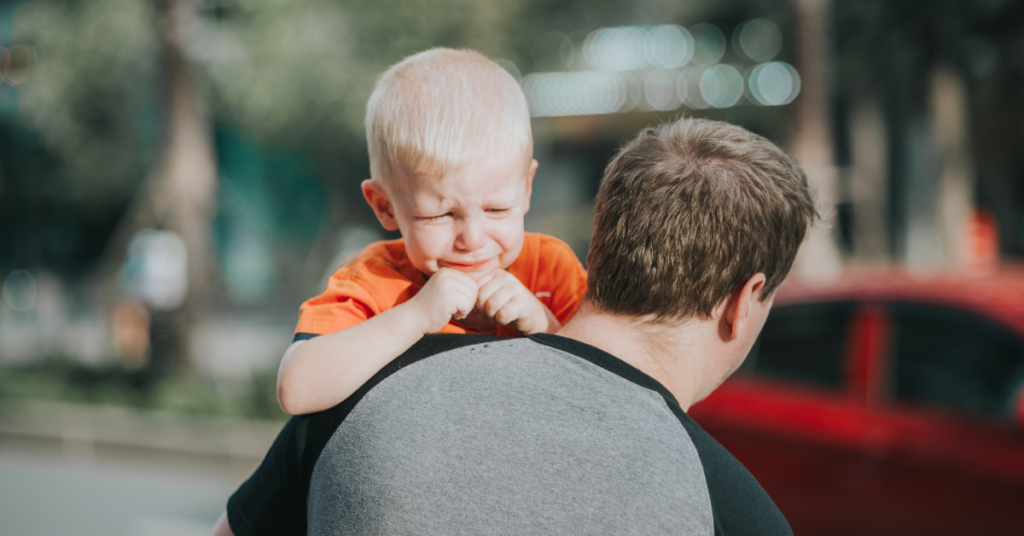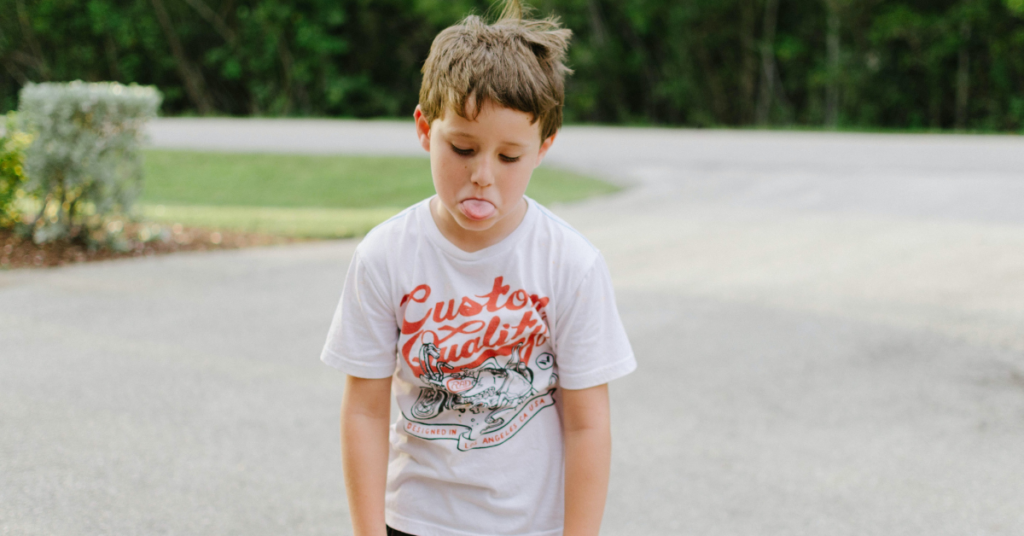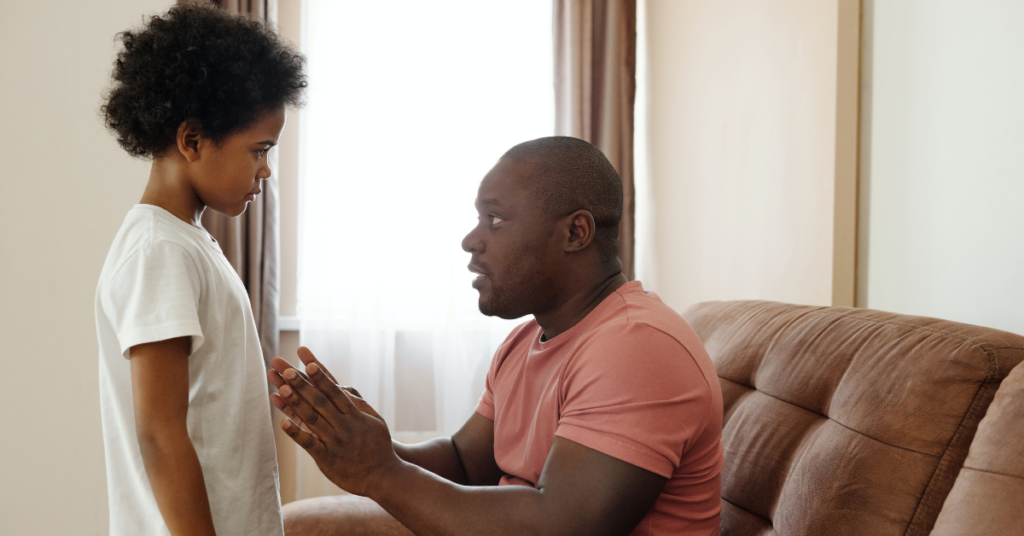Ever worry that your kids don’t take responsibility for themselves, always get defensive when criticized and blame somebody else? How many adults do you know like that? Blaming something or someone else when we are angry, criticized, or thwarted is as natural to humans as laughing or crying. But is it inherent in our nature or is it learned behavior? What I do know is that we can raise respectful and responsible children without it.
Children learn to play the blame game at very young ages. It starts with running off, blocking ears when they know they did something wrong. Then “I didn’t do it, he did” until connection and trust gets lost somewhere along the way and your tween and teen ends up barricaded in his room on a device where he doesn’t get blamed or punished for anything.

Exhausted, stressed parents feel under attack from even their smallest resistant child. So, blame and punishment begins. We want others to suffer when we suffer. It’s called retaliation. If I’m exhausted at the end of the day, my kids might hear, “Stop it, you’re giving me a headache” or “Leave me alone” or an angry, “Stop whining.” This is blaming your child for what is your problem. We do it easily because we learned it well. To take responsibility for ourselves—our own behavior and emotions—is hard. Just a tone of voice can send blame showering over a child and fill him with tension and resistance. He has no option but to get defensive.
Defensive behavior from a fighter can look like running away, laughing, hitting, pushing, lying, yelling, “You’re not the boss of me”, “You can’t make me”, “You’re not my mommy”. They are meant to “get back” at you for getting blamed or punished.
Some more sensitive, compliant children become overly concerned about how you feel. “Are you happy, Mommy?” “Are you proud of me?” can mean your child has learned to take responsibility for your feelings. Your happiness means she can relax. These children take blame personally, plummet into guilt or anxiety, believe they are at fault and are never good enough. They may be able to do what you say to keep out of trouble—but at the cost of self-worth and a strong voice. Once self-esteem drops, trouble begins. Many of us are trapped by what we think other people think of us, difficulty making decisions, having no opinions, becoming dependent on anything that will make us feel better in the moment.
We parent under a myth that a child who is never blamed or punished will be allowed to get away with anything and become a spoiled brat. That’s not how it works—just the opposite actually. When children feel blamed, their focus turns inward with self-protection to keep from getting in trouble. They get sneaky, lie and turn blame on others, often their parents.

Teaching children to be well disciplined, respectful, and responsible can be done far better without blame. With blame and defense, your child never gets the opportunity to take in the natural consequences of their behavior. They are too busy defending themselves, trying not to get in trouble. Once you understand the principle of blame and how it plays out, you will never want to blame again. The hard part is learning how to be confident and firm so you don’t need blame in your life.
A mother of two has been trying to convince her girls that they are not responsible for her feelings. But actions always speak louder than words. Her six year old said, “But when you scream at me for not turning off the television, I know you wouldn’t scream if I turned it off, so that means I’m responsible for your feelings.” Pretty astute for a six year old! When we blame in anger, we teach our children what to do when they feel angry. “You make me so mad”, “Why do I have to yell 10 times before you listen?” “It makes mommy happy when you do that”teaches children that they are responsible for your feelings and behavior.
We send messages with our blame we never intend. You never get it right, You’re not good enough, I love you when you behave the way I want, You don’t have a right to your own feelings and desires, Your job is to make other people happy. Children cannot trust fully when they fear something they do or say will result in blame.
When we refrain from blame, even when one child has hurt another badly, we can put our attention on the hurt and allow the hurter to take in the situation he has caused—natural consequences. When he is blamed, he cannot, because all he focuses on is getting out of trouble by blaming the other for starting it. When he is not blamed, he can experience the consequences of his behavior. You can then offer him ways to make amends. “Do you want to get the icepack to hold on your brother’s arm?” Later you can validate his anger and problem solve about what he can do differently next time he feels so angry.
When you are angry or need to correct, use “I” and “me”, never “You”. “I don’t like it when…” “That is not okay with me. What else can you do instead?” “I get so angry when I see….” Be very firm with what you are okay and not okay with. That comes across so differently than, “You can’t do that. You need to….” Why can’t you ever…?”

Problem solving promotes trust and true accountability. Blame and punishment prevents it. When children know they are not going to get in trouble, the fear of trouble no longer forces them into defensive behaviors.







